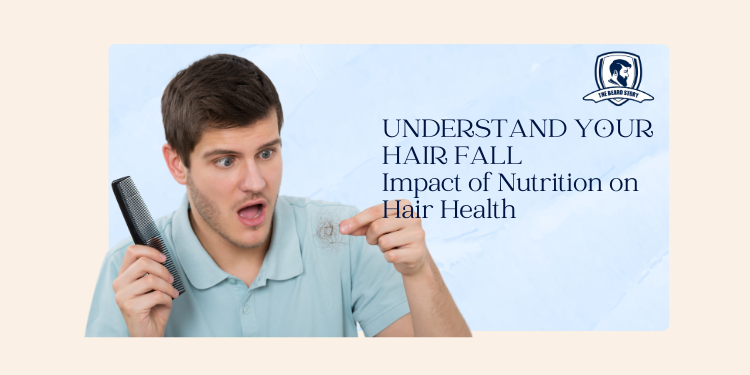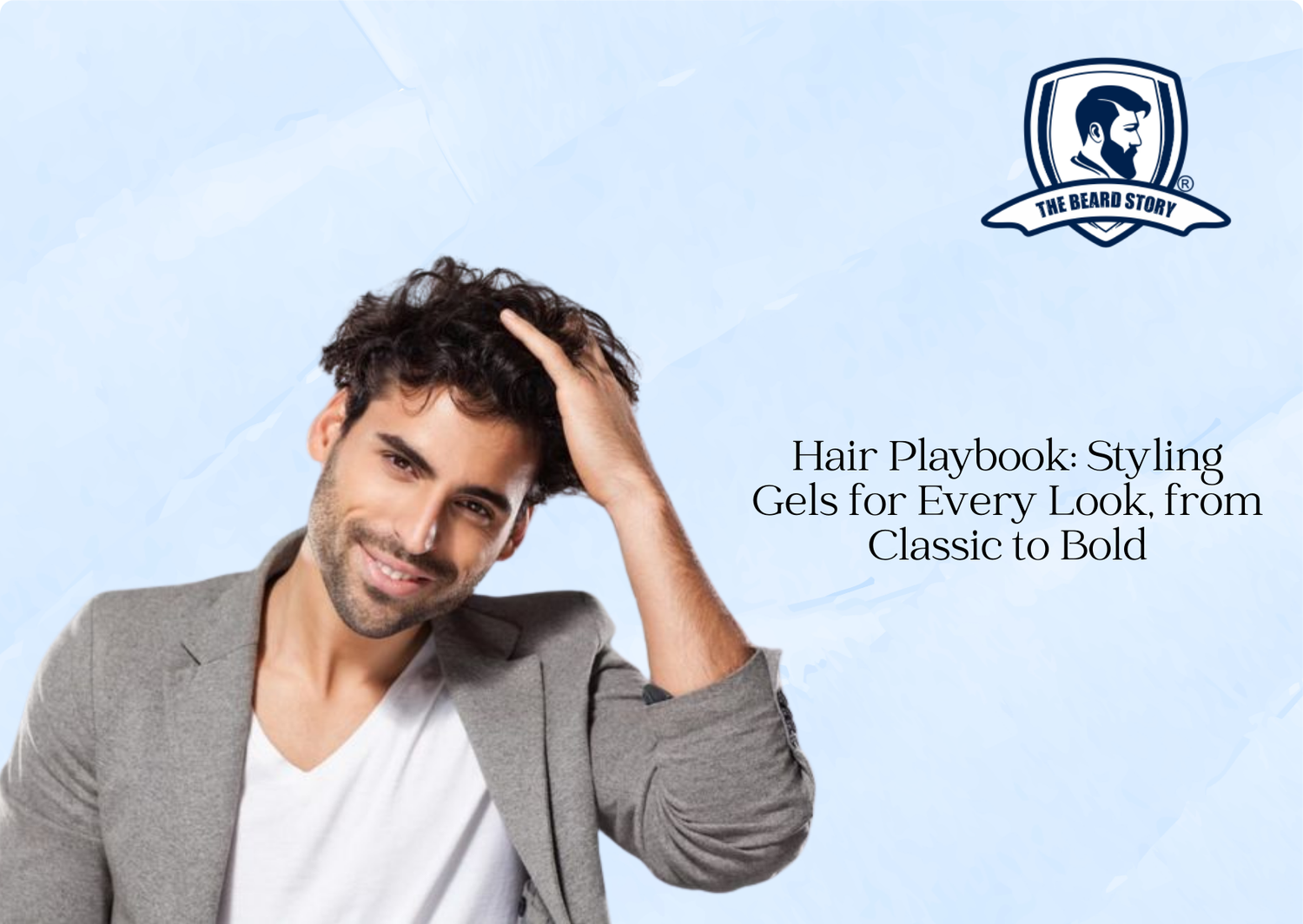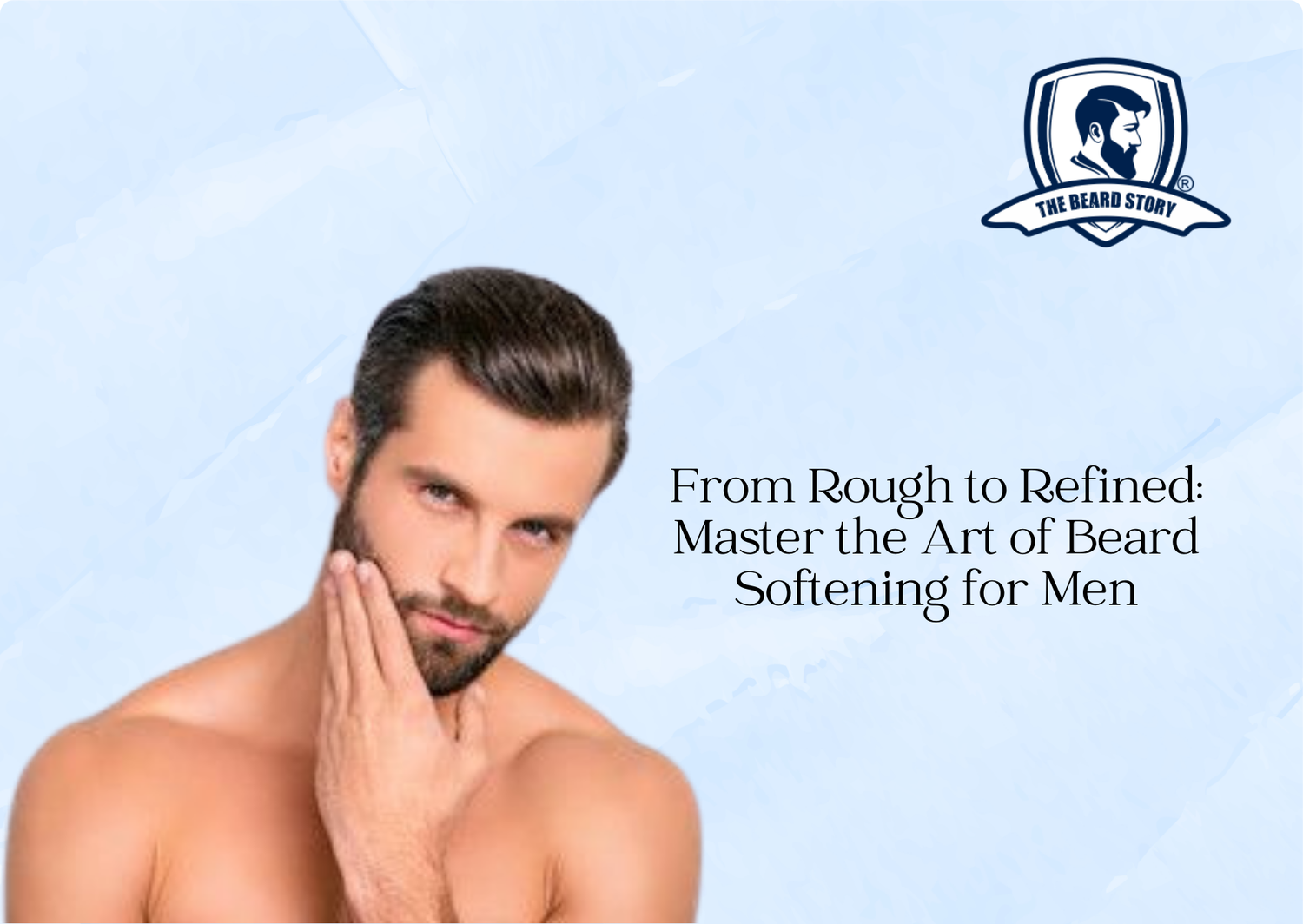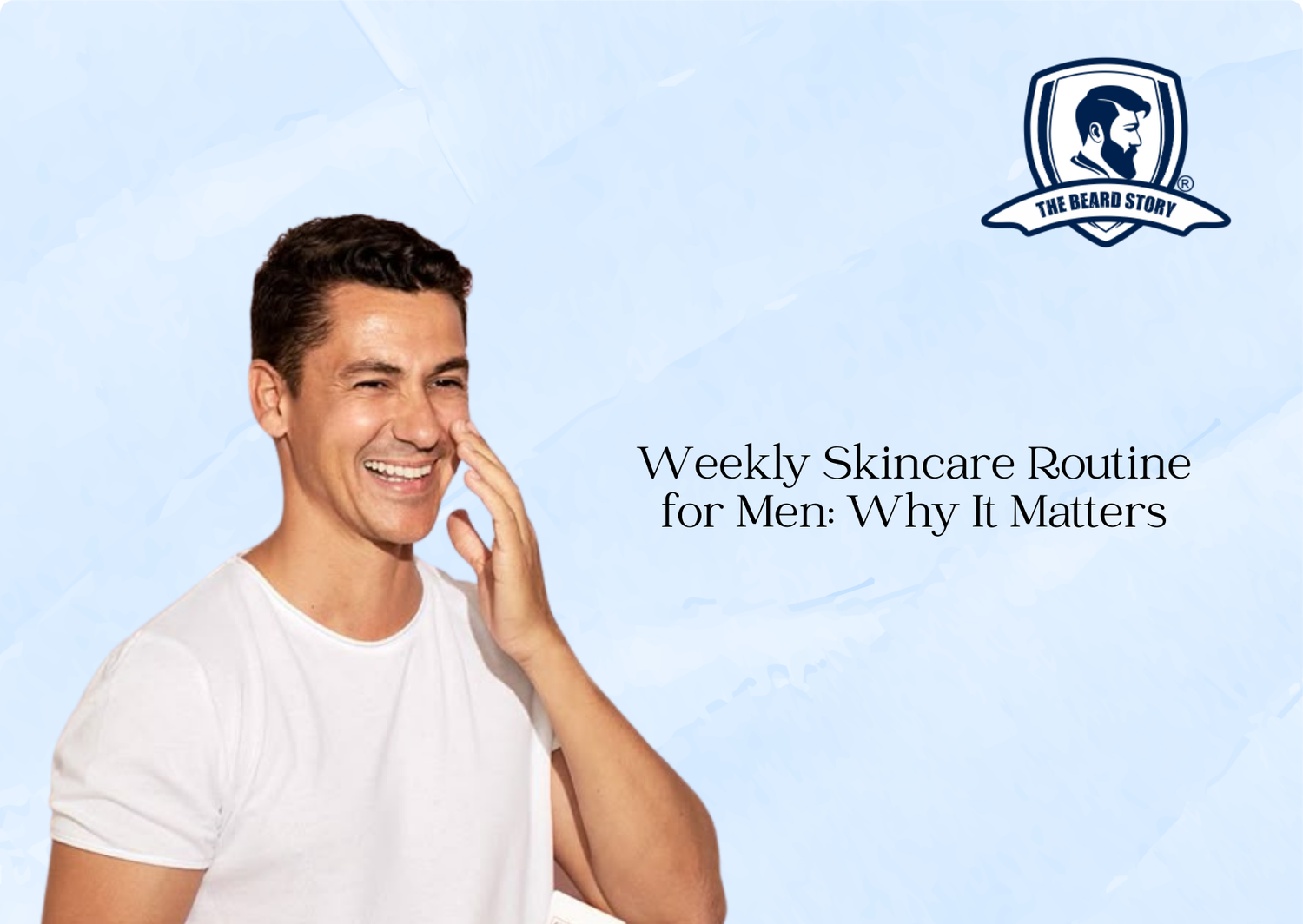Healthy, vibrant hair is often considered a symbol of beauty and vitality. However, achieving and maintaining beautiful hair goes beyond just using the right products and treatments. Nutrition plays a crucial role in hair health, and deficiencies in key nutrients can lead to issues such as hair fall, dullness, and dryness. Understanding the impact of nutrition on hair health can help you take better care of your locks and achieve the luscious, radiant hair you desire.
The Impact of Nutritional Deficiencies on Hair Health:
Iron Deficiency: Iron is essential for hair growth and strength. A deficiency can lead to hair thinning and increased shedding.
Zinc Deficiency: Zinc plays a crucial role in hair tissue growth and repair. A deficiency can cause hair loss and scalp problems.
Vitamin D Deficiency: Vitamin D is important for hair follicle cycling. Low levels can lead to hair thinning or alopecia.
Protein Deficiency: Hair is primarily made up of protein. A lack of protein in the diet can lead to brittle, weak hair and hair loss.
Addressing Nutritional Deficiencies for Healthy Hair: Ensure a balanced diet rich in iron-rich foods like leafy greens, and lentils. Include zinc sources such as nuts, seeds, whole grains in your meals. Get adequate sunlight exposure or consider a vitamin D supplement if you have low levels. Consume enough protein from sources like plant-based sources like beans and legumes. Consulting a healthcare provider or a dietitian for a comprehensive assessment of your nutritional status can help identify any deficiencies and tailor a plan to address them. By nourishing your body with the right nutrients, you can support healthy hair growth and reduce hair fall, even with a good hair care routine in place.
While a good hair care routine is important, addressing underlying nutritional deficiencies is crucial for maintaining healthy hair. By understanding the role of nutrients like iron, zinc, vitamin D, and protein in hair health, you can take proactive steps to support your hair from the inside out. Remember, a balanced diet and targeted supplementation, if necessary, can go a long way in promoting strong, beautiful hair.





